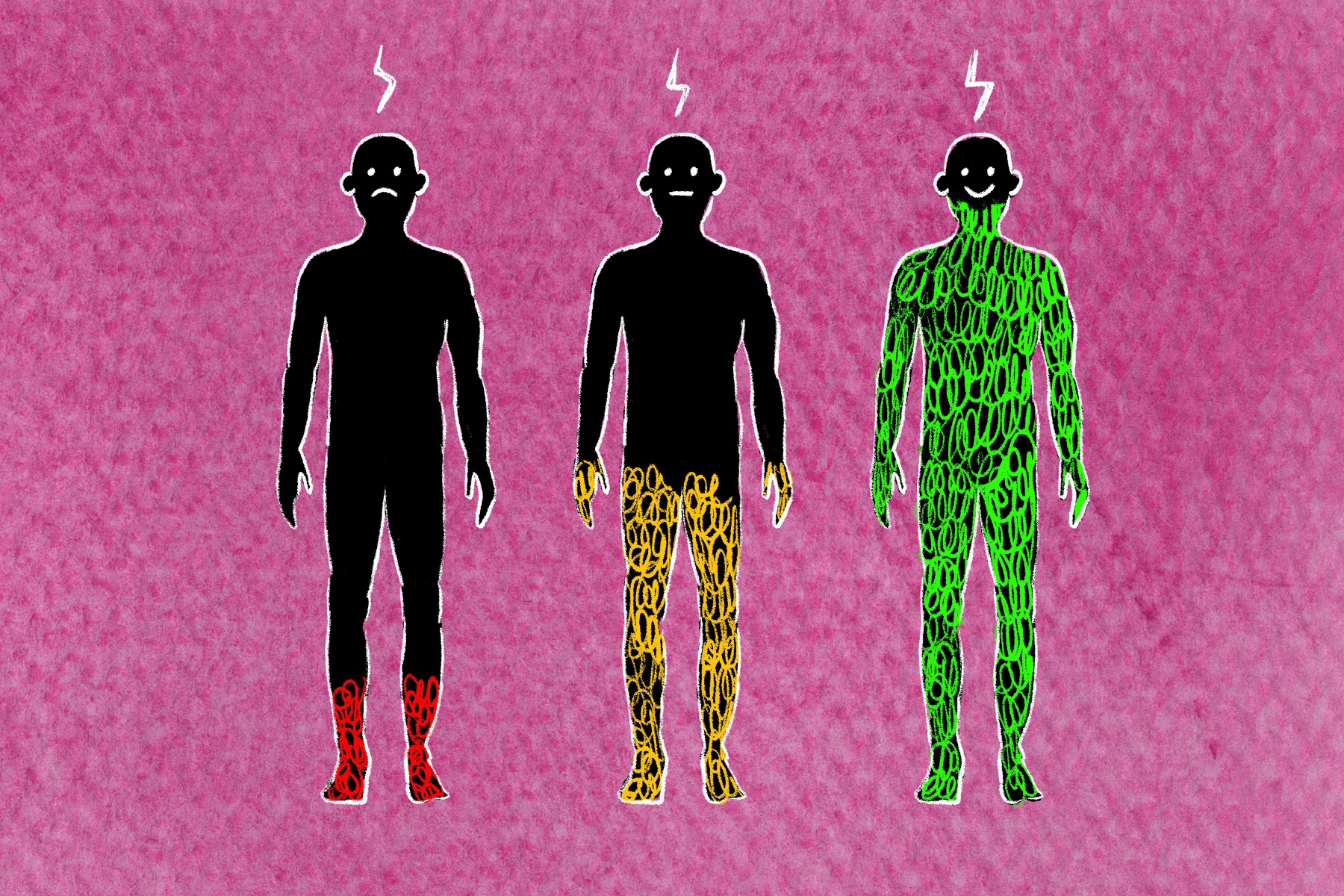Finals week is nearing and as the semester crawls to a close, burnout levels are soaring. The end of any semester is already bad enough, but the COVID-19 pandemic has made it a particularly stressful, anxiety-inducing fall. Congratulations on getting through such a rocky time; that’s no easy feat. Now it’s time to take a study break. Here are nine tips to unwind and recharge over the holiday intermission before gearing up for the next semester.
1. Consider Breaking Up With Your Phone …
… Or just social distancing from it. With a majority of students shifting to online classes, you have probably spent a ton of time staring at a computer screen. Excessive screen time can negatively impact your health by causing sore eyes, headaches and even sleep disturbances.
Take a mini hiatus from your phone and laptop for a bit or at least limit your daily usages. Delete some apps from your phone temporarily if necessary to help with the transition to less screen time or just turn it off for a while each day. Put your devices away to let them recharge while you do the same. Do it for your eyes — they deserve a break, too.
2. Pay Off Your Sleep Debt
Speaking of sleep disturbances, catch up on sleep. Student loans are bad enough; who wants to be in two kinds of debt? If you have any extra time during the break, take some naps or ditch the morning alarm when you can. Too many late evenings and chronic all-nighters finishing assignments are taxing on both physical and mental health.
Have a quick 20-minute power nap in the early afternoon if you’re feeling drowsy, or for more severe sleep deprivation, recharge with a couple-hour long nap. Also, distancing yourself from electronics, at least 30 minutes before bedtime, will lead to a more restful sleep.
3. Limit Your Work Time
I’m sure you still have other responsibilities to tend to during the break; whether it’s researching for a thesis project, internship tasks, club commitments or work obligations, there are still demands to keep up with during the holidays. However, make an effort to limit your overall work time.
Try setting a start and finish time for your requirements and adhere to them whenever possible. Schedule time for specific tasks but also leave a few hours for completely unrelated, fun activities to get your mind off of your assignments. It’s important to keep up with commitments, but it’s also crucial to use the break as an actual break and recharge. Taking some time for yourself to rest is necessary so that you have the energy to return to your obligations in a few weeks or days.
4. Spend Some (Socially-Distant) Time With Family and Friends
Having spent far too much time with nothing but glaring screens and deadlines, it’d be a relief to have some conversations with real people. Reconnect with friends and family — in a safe way, of course. Unfortunately, the screens may still have to be present at the get-together, but you can still have fun even if they’re there, too. It may be high time for a gift-opening Zoom call, a Netflix Party “BoJack Horseman” binge, a PowerPoint night or even just a good old phone call. Getting some social interaction in may help to alleviate your built-up stress.
5. Make Time for Self-Care
You’ve spent a while doing a great deal of work for professors and other people while coping with pandemic anxiety, so take some time to focus on yourself. Decompress with whatever means work best for you: listen to music, play with your pet, read, meditate, exercise, make something, etc. Do whatever recharges you and make self-care a part of your routine.
For more ideas, here are some great reads with self-care tips: “5 Unconventional Self-Care Strategies,” “Isolation Self-Care Tips: 3 Ways To Help Self-Care During Quarantine” — and in preparation for next semester — “4 Self-Care Tips For Your Self-Care Routine This Semester.”
6. Get Outside Safely
We’ve all been cooped up inside for the last few months. If it’s possible and safe for you to do so, try to get outside for a bit. It may sound cheesy, but spending time in nature is a great way to reduce stress and benefit your mental health. According to Science Daily, research shows that “as little as 10 minutes in a natural setting can help college students feel happier and lessen the effects of both physical and mental stress.” Maybe go for a masked walk around the block to boost your mood, recharge and get some fresh air.
7. Reflect on the Past Semester
Definitely take the time to relax with things other than schoolwork, but if you’re up for it, try reflecting on the past semester to aim for an improved one coming up. Think about this semester and what worked and what didn’t. Did hours of staring at the screen give you crazy headaches? Consider ordering some blue light filtering glasses for next semester. Or perhaps you found yourself getting distracted during your Zoom classes — you and me both, oops — so try revamping the space where you work. Remove attention-grabbing objects if possible and dedicate the area to just your schoolwork.
8. Plan Ahead
Personally, I’m a planner, so I reduce stress by arranging details ahead of time to stay on top of my obligations. If you don’t have one already, a planner is a great way to keep track of all your classes, assignments, meetings and daily tasks, as well as a place to jot down quick notes when needed. It helps with time management, which has been a whole new level of challenge for me and my tendency to procrastinate in online classes, especially asynchronous ones.
Find a daily planner or choose a notebook to be your planner and write out your next schedule. Surely it’ll be another semester full of new obstacles, but seeing it laid out feels at least a bit more organized.
9. Care for Your Mental Health
Most importantly, it’s important to look after your mental health, especially during a time where anxieties are running high. If you’re feeling overwhelmed, consider talking to a family member, a friend or a mental health professional. Reach out to your college community; many universities have counseling and health centers or virtual support groups. Check your state’s website for mental health resources for pandemic-related anxiety; for example, here’s Michigan’s. The Center for Disease Control also provides a guide to COVID-19 stress with resources for help.
Have a safe and relaxing break!

















